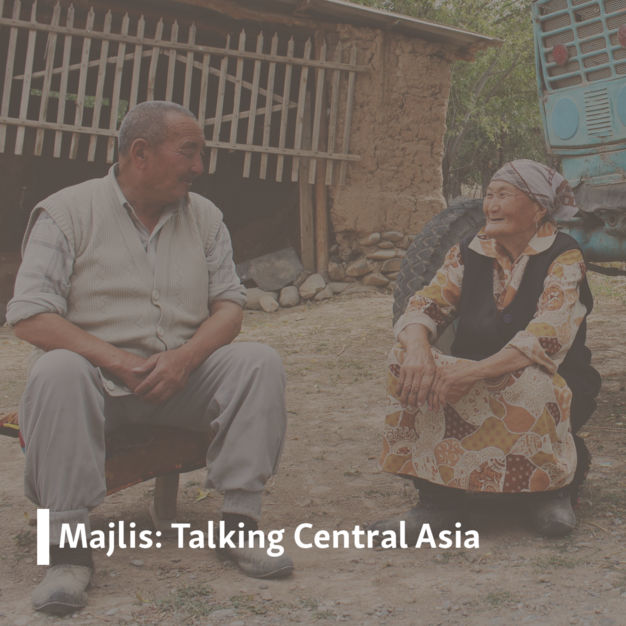🚀 From Google Podcasts to Moon FM in No Time: Your Hassle-Free Migration Guide
👉

Each week, hosts Bruce Pannier and Muhammad Tahir welcome a panel of expert guests to discuss significant political developments and pressing social issues affecting the nations of Central Asia.
Your feedback is valuable to us. Should you encounter any bugs, glitches, lack of functionality or other problems, please email us on [email protected] or join Moon.FM Telegram Group where you can talk directly to the dev team who are happy to answer any queries.